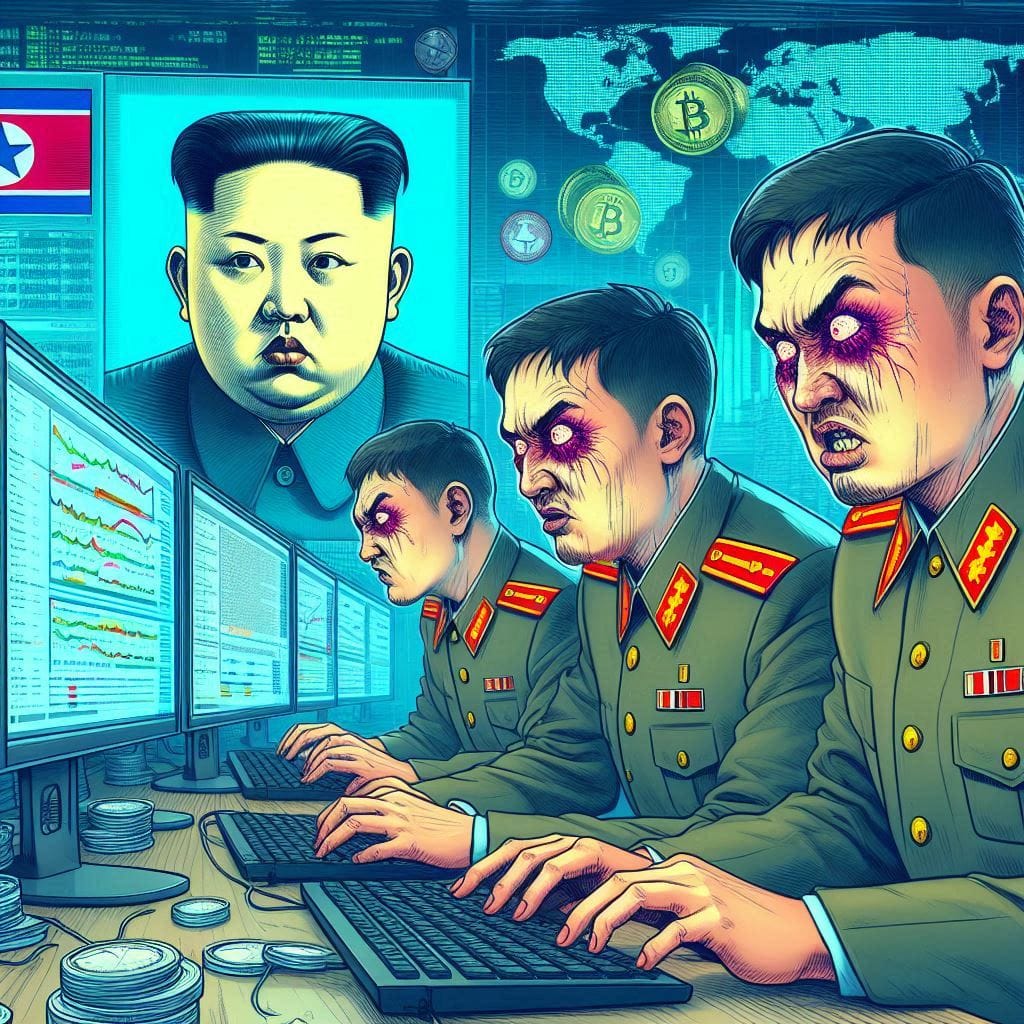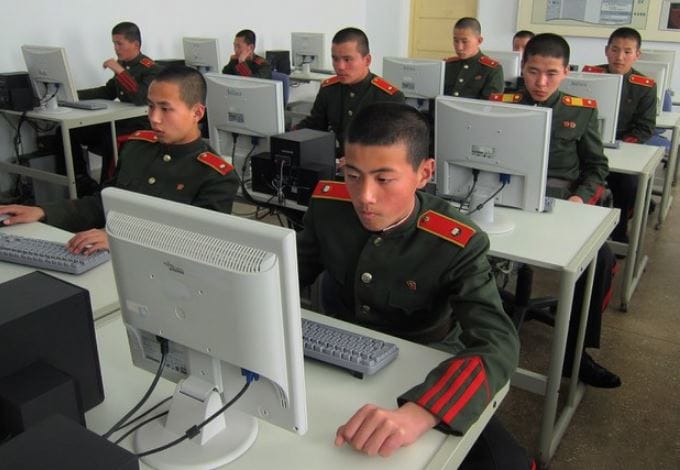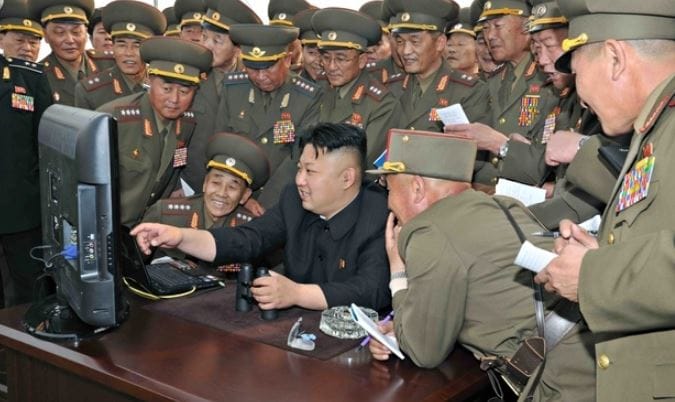Cybercrime for our dear leader
North Korea's hacking unit

North Korea's hacking unit is generating substantial illegal profits through cyber attacks. According to a 2021 report by Bloomberg Businessweek, North Korean hackers have funneled approximately $2.3 billion (about 3.08 trillion won) to the regime of leader Kim Jong-un through these activities. More recently, the Wall Street Journal reported that the hacking unit stole around $1.6 billion worth of cryptocurrency last year alone. Over the past five years, they have taken a total of about $3 billion in virtual assets to fund the development of ballistic missiles and nuclear weapons.
Interestingly, while only about 1% of North Korea's population uses the internet, the country possesses a highly skilled hacking force that ranks among the top 3 to 5 globally. This capability results from the nation's early identification and training of talented youths, akin to how Eastern Bloc countries cultivated Olympic medalists.
North Korean hackers have proven their skills in various international hacking competitions. Recently, a student from "Kim Chaek" University scored a perfect 800 points to win first place in a hacking contest organized by the American company HackerEarth, demonstrating how well-prepared North Korean students are in this field.😱


The hacking unit's origins date back to 1986 when it began at Kim Il-sung Military University, aimed at training military-related computer personnel. Over the years, outstanding individuals have been selected to develop into specialized hacking agents. Kim Jong-un considers this hacking unit one of the three essential methods of warfare, along with nuclear weapons and missiles, viewing it as a vital tool for funding their military ambitions while navigating the economic challenges imposed by international sanctions.
Notably, the hacking unit's activities have shifted from merely stealing money to a broader range of cyber operations, including the theft of advanced technologies, the collection of medical information, and cyberattacks aimed at exploring inter-Korean dialogue. This evolution signifies Kim Jong-un's increasing interest in cyber warfare.
Global security firm CrowdStrike categorizes North Korea as a country with exceptional capabilities in cyber warfare, and the U.S. government has warned that North Korean cyber attacks pose threats to the entire world.
Kim Jong-un has shown a personal interest in training hackers. He has issued directives ensuring that talents are chosen based on their skills rather than their backgrounds, which is highly unusual in North Korea’s rigid social structure. This effort reflects a determination to find the necessary resources for leading the country effectively in a challenging environment.
Currently, North Korea's hacking unit is estimated at about 6,800 members, but experts believe that when accounting for elite agents and core personnel, this number could reach up to 12,000. These individuals operate within various hacking groups under the North Korean Reconnaissance General Bureau and engage in operations in North Korea and countries like Japan, China, and Malaysia.
Recently, North Korean hackers have targeted significant South Korean institutions, such as the Korea Atomic Energy Research Institute and Daewoo Shipbuilding & Marine Engineering, breaching their systems. Numerous incidents have occurred where technologies from South Korea's Defense Science Institute have been leaked, or the Ministry of National Defense’s networks has been hacked, indicating that the capabilities of North Korean hackers are continually advancing.
North Korean hackers are interconnected with multiple divisions of the Reconnaissance General Bureau and operate in a structured manner based on their attack objectives. Notably, infamous hacking groups such as KimSuky, Lazarus, and Andariel primarily engage in financial theft, military intelligence collection, and other espionage activities.
Given these circumstances, South Korean intelligence agencies must make concerted efforts to engage with these hackers. They represent a unique sector of North Korean society that has access to information online, enjoying special privileges while also being able to acquire information from outside North Korea. Just as thousands of North Korean defectors settle in South Korea each year, if these hackers could be persuaded to defect in the virtual realm, they could become critical threats to the North Korean regime ironically.✔️




Comments ()